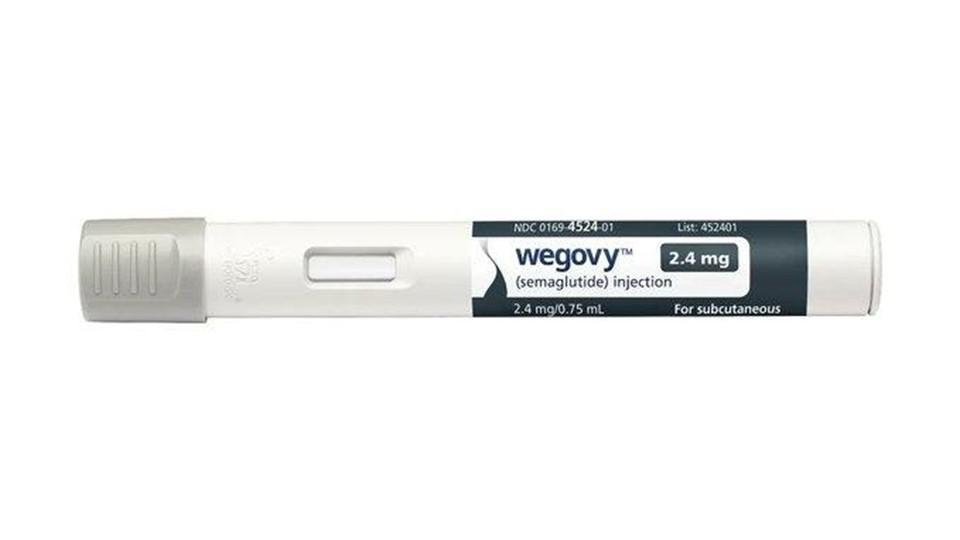Wegovy romps ahead after key rival sees slowdown

Novo Nordisk's sales of blockbuster obesity drug Wegovy grew by a massive 79% in the third quarter, in a relief to investors after disappointing results three months ago.
GLP-1 agonist Wegovy (semaglutide) brought in DKK 17.3 billion ($2.49 billion) in the period, restoring earlier levels of sales growth after its second-quarter blip, with the performance particularly striking in the context of a slowdown with Eli Lilly's rival Zepbound (tirzepatide) in its third-quarter update a week ago.
The strong gains for Wegovy – which came in ahead of analyst expectations – helped Novo Nordisk lift its overall revenues for the quarter by 21% to DKK 71.3 billion and operating profit by 26% to DKK 33.8 billion. Shares in the company have responded with a gain of more than 7% in early morning trading.
The vast majority of Wegovy sales (more than DKK 31 billion) were recorded in the US, where Novo Nordisk said increased volumes and formulary access had combined to offset lower prices. Weekly prescriptions of the drug are now running at 215,000, compared to around 100,000 at the start of the year.
Last week, Lilly reported that Zepbound sales came in at $1.26 billion in the third quarter, roughly $500 million shy of analyst expectations, although, the company said its weekly prescription rate had risen to around 140,000 from 93,000 in the second quarter.
It blamed the miss on inventory decreases in the wholesaler channel, as distributors used up existing stock before placing new orders, and said it expects growth to build in future quarters.
Both Lilly and Novo Nordisk have invested heavily in additional production capacity for their obesity drugs as demand has outstripped supply, hoping to generate clear air between them and a large pack of companies trying to play catch-up in the category.
On that front, Novo Nordisk said this morning that it is still dealing with shortages "across a number of products and geographies," while the FDA said recently that tirzepatide – also used in Lilly's diabetes drug Mounjaro – was no longer on its shortages list.
It was the turn of the company's diabetes therapy Ozempic – also based on semaglutide – to show signs of weakness in the third quarter with sales coming in below expectations at DKK 29.8 billion, up 25%, but a few points below predictions.
The Ozempic performance meant that, overall, Novo Nordisk's revenue growth was not as strong as hoped, and the company has tweaked its prediction for full-year sales growth to 23% to 27%, compared to its earlier forecast of 22% to 28%.












